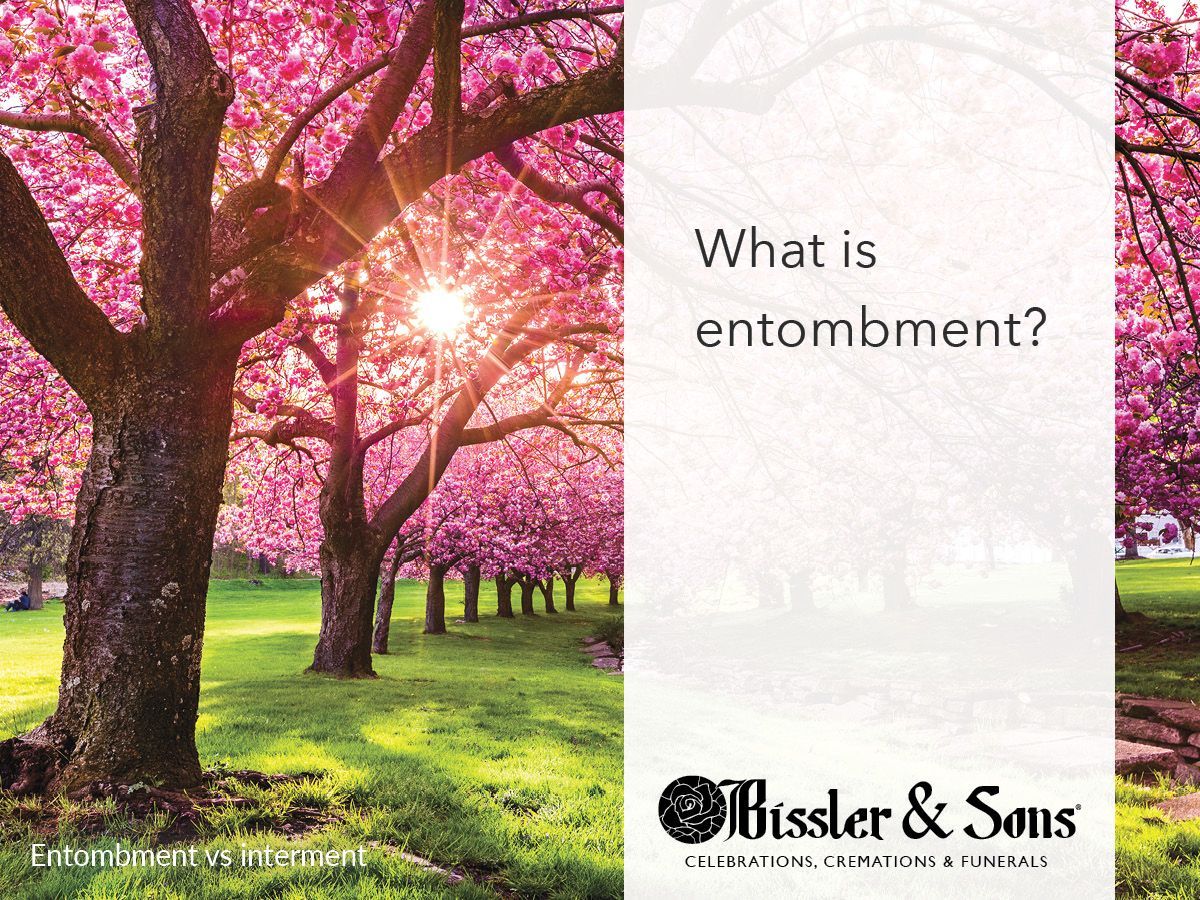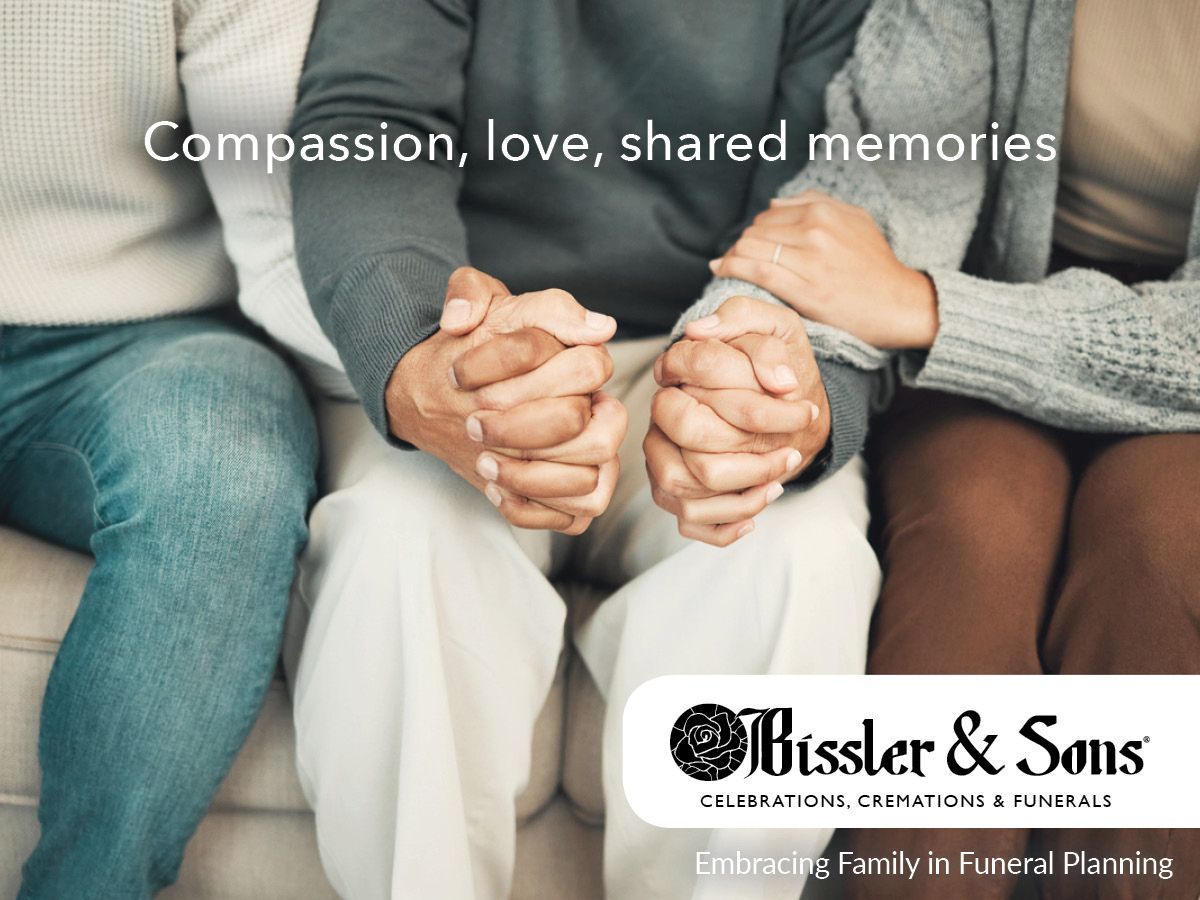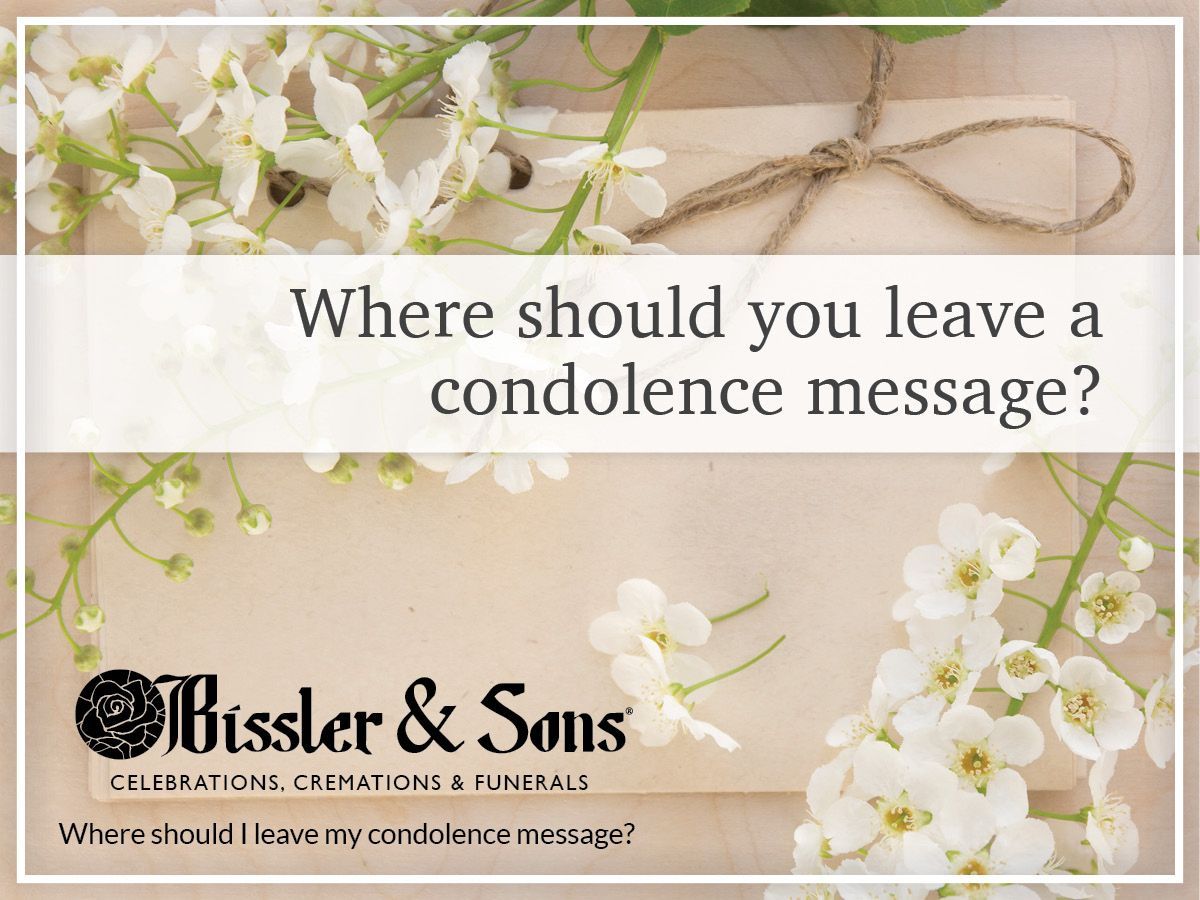Funny Obituaries
Writing an obituary is a challenge. These tributes serve multiple purposes. They announce someone’s passing and can also direct mourners on where and when to attend the funeral. But they can also put together a puzzle of who the person who passed was.
When you write an obituary, you want the tone to reflect the person it’s about. And although many are hesitant to write funny obituaries, for some people, it’s only fitting to make readers laugh, just as they would have done in life. These tips can help you write a funny obituary for your loved one.
4 Tips for Writing a Funny Obituary
1. Be honest.
The best funny obituaries tend to read like a “Dean Martin Celebrity Roast.” And while that format doesn’t work for everyone, it works well for the people who could dish it out as well as they could take it. If your mother was known for random, perhaps too honest remarks, write that she’ll be missed at family gatherings, as there will be no one to make everyone blush anymore. Or if your dad could be found every Sunday glued to the couch, cheering on his favorite football team, write that you’ll never be able to sit through a 49ers game without thinking of the deafening sound of him screaming at a head coach as if the coach could hear him.
There’s a certain beauty in an honest obituary because it paints a complete person. Some obituaries just talk about the most positive things about the individual, but people are complex and filled with shades of gray. So, share the things that made them who they were, even if it’s not always pretty. The people who knew your loved one will appreciate and giggle at remembering all the ways that person impacted their lives, from how they always showed up to parties 15 minutes too early to how they had a habit of fabricating stories in the most grandiose way.
2. Turn it into a narrative.
Many of the best obituaries tell a story. One way to write a funny obituary is to recount a tale that truly shows who your loved one was. Maybe it was a road trip gone horribly wrong, but your loved one kept you laughing the whole time, so you didn’t care that you never reached your destination. Or maybe your loved one showed up to your high school graduation with so many noisemakers, air horns, and other contraband that they got escorted out after they cheered your name far too loud.
Telling a story allows the story to be funny without poking fun at your loved one. In this way, the obituary moves away from being a “Celebrity Roast” and more toward a simple conversation retelling your loved one’s greatest moments. It’s a good idea to tell a story that’s personal to you, the writer. That way, you can dig into the details and paint a vivid picture. But you can also speak with family and friends to see if they have a story that you all feel exemplifies who your loved one was. Ask multiple people who were there to recount it, and try to be as detailed as possible in your retelling. There’s much comedy to be found in the details.
3. Know your audience and publication.
Even if you’re aiming for a funny obituary, certain elements should be there, even though those aspects aren’t humorous. Being funny doesn’t mean being dishonest or inaccurate. You’ll need to make sure that you have the facts straight on your loved one’s biography, including:
● The date and location of their death
● Their age (even if your loved one liked to lie about this)
● Surviving family
● Where and when the funeral will be held
If you’re publishing the obituary in a newspaper or other publication, you may have to follow additional guidelines. They might not allow the kind of funny obituary you’re aiming for. Instead, you may have to write one with a more somber tone for those kinds of publications. But you can still share your funny obituary on social media or a funeral home’s website.
4. Don’t limit the emotion.
It’s a mistake to believe that people can’t laugh and cry at the same time. The best obituaries make you do both. Even while aiming to write a funny obituary, you can still add in more profound, more emotional reflections on your loved one’s life. Talk about their legacy, how what they did affected you and the others around them, and how they made you feel.
Share the lessons that they imparted upon the world, both the silly ones and the more serious ones. People are filled with many different sides. Though your loved one may have embraced the humor of the world, they likely impacted people in many different ways beyond making them laugh.
A funny obituary may not work for everyone. And even certain types of funny obituaries, like ones that read more like a roast, may not be a great fit for all of your loved ones. But for some people, a funny obituary is truly the best way to immortalize what made them who they were. By retelling stories, poking fun at the little details that made up the big picture of your loved one, and sharing the lessons they taught the world, you’ll create something both funny and meaningful.


















